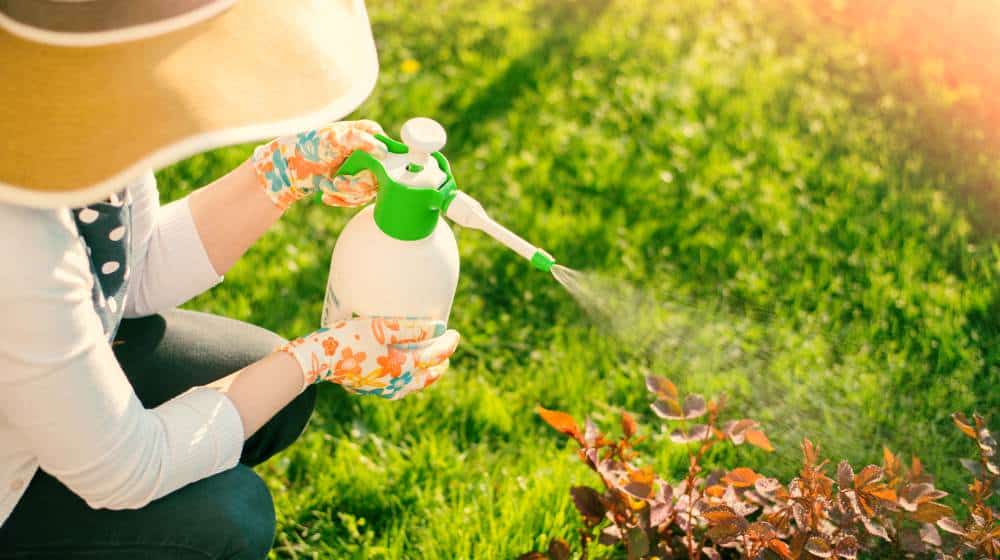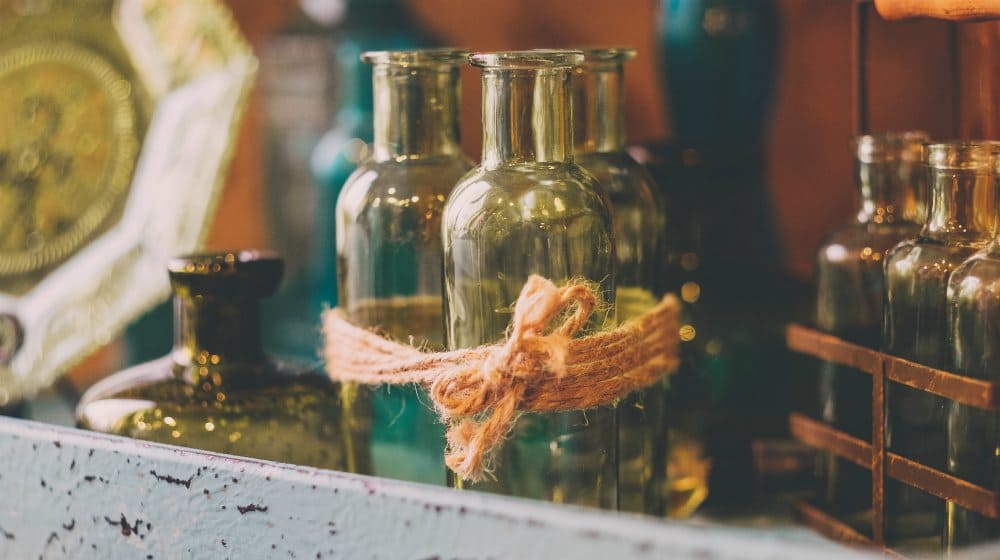If you’re considering doing some organic gardening in your home, then it’s time to discuss a few basic tips to ensure you grow a healthy garden. Gardening tips aren’t just about?garden pests and solutions because even the placement of your garden is essential. Find out how to better grow your plants with these simple tips.
7 Organic Gardening Basics to Keep in Mind
1. The Placement of Your Garden Is Important
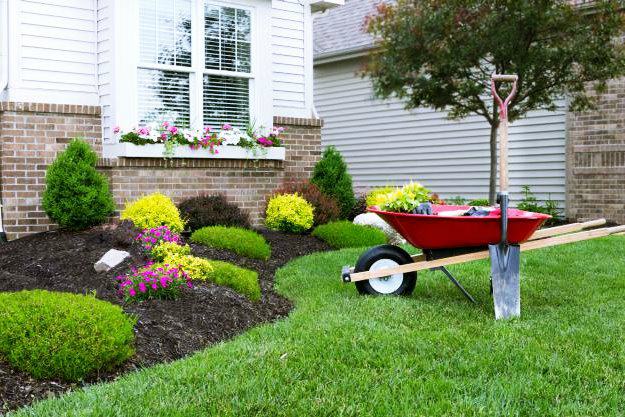
Making sure your garden is situated in an area with excellent growing conditions is a critical step in harvesting healthy plants. These terms include about 6 hours of sun exposure every day. If you live in an area prone to flooding, it’s a good idea to elevate your garden patch so you’ll have less to worry about during rainy seasons.
2. Keep the Soil Healthy
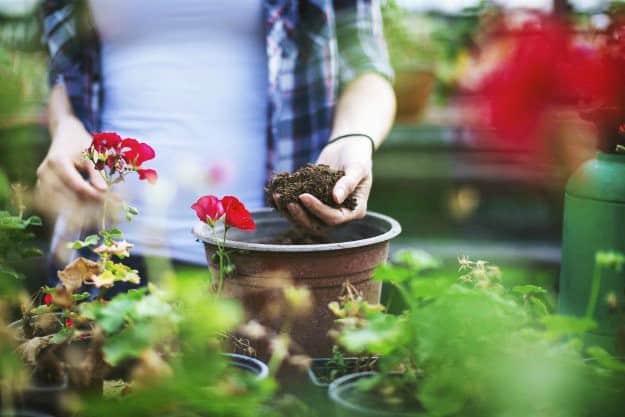
Just as important as the location of your?garden patch is the soil your plants will be growing on. A rich soil will ensure your plants’ health and your harvest. Fortunately, it’s easy to amend the poor soil with organic matter such as natural fertilizers.
3. Choosing the Right Kind of Fertilizer
Here?s a quick list of some organic fertilizers you might encounter while gardening. http://t.co/EEcjLMsIji pic.twitter.com/0EOfSWLtpY
? Planet Natural (@planet_natural) January 12, 2015
There are a lot of fertilizers to choose from in your local gardening store, but the best kinds are the organic kind. The best type of animal manure to buy is from plant-eating animals such as rabbits, chickens, sheep, and horses. If you have a small garden and want a more budget-friendly option, you may make your compost pit to recycle your left-over fruits and vegetables. Choosing the right kind of fertilizer may help your plants grow faster and grow better crops.
4. Plant New Vegetables Every Year
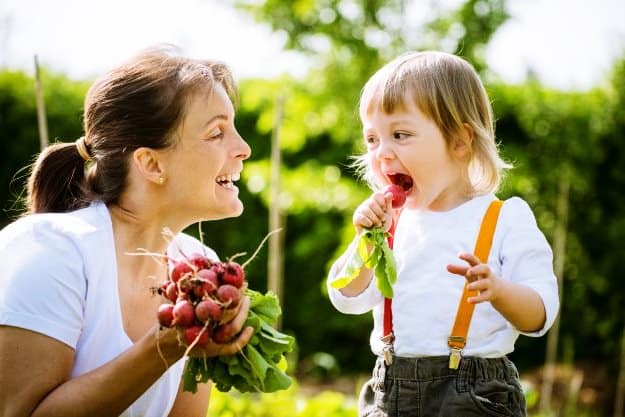
The practice of planting different vegetables in your garden is called rotation. Doing this may help your garden prevent disease build up. It’s also better to practice planting plants from different families to ensure better prevention of a disease build up in your garden.
5. Keep Your Garden Clean of Dead Leaves
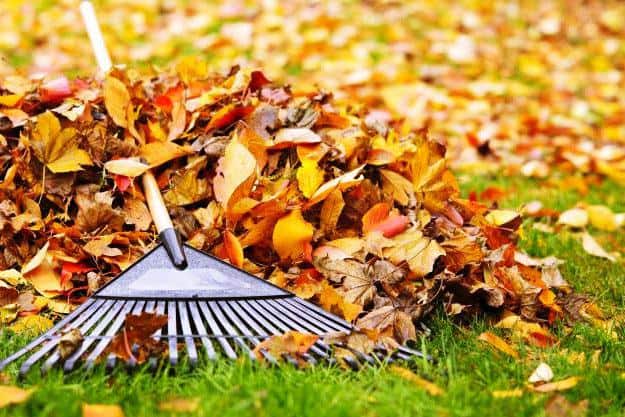
Another way to ensure your garden’s safety from diseases is by keeping your yard free of natural trash. Diseases can spread quite quickly when fallen leaves are abundant. Picking of the infected leaves of your plants may also help stop spread the infections to your entire plant and your whole garden. Make sure to throw away dead and diseased leaves in the trash, apart from your compost pile.
6. Get Rid of Weeds and Keep Them Away
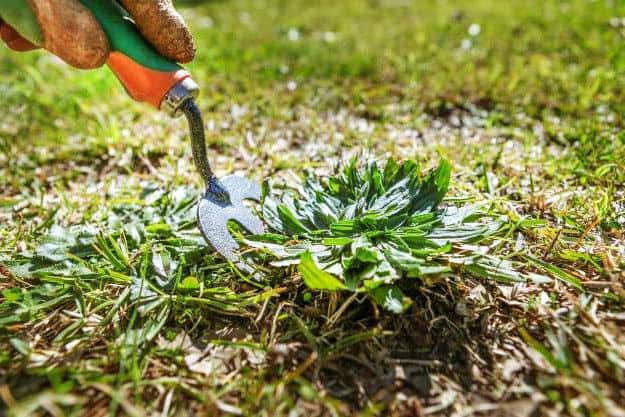
Weeds are your number one enemy when it comes to gardening. They’ll steal all the nutrients from your plants even after all your hard work of fertilizing your garden. Once you’ve picked all of the weeds from your garden, the best way to prevent them is by applying a layer of mulch on top of your soil. Using mulch made from organic materials will break down and turn into organic matter for your soil.
7. Know How To Water Your Plants Properly
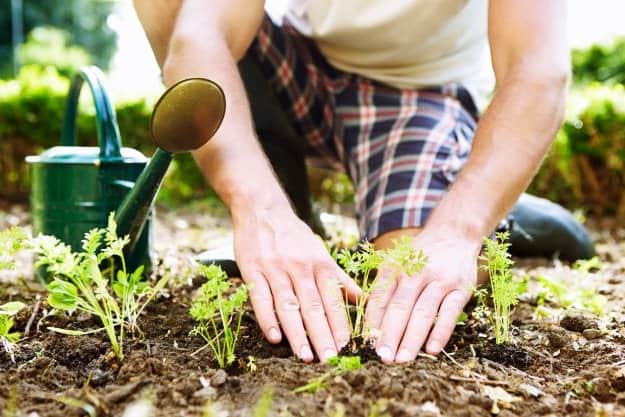
Watering your plants is one of the most famous principles of gardening, but there’s a specific way to do it to help grow a healthier garden. The best time to water your plants is in the morning because watering your plants in the afternoon and evening may expose them to diseases. It’s also better and more economical to avoid using a sprinkler.
Watch this video from HuwsNurser – Grow Organic Produce Inexpensively to find out how to mulch organically!
These are just a few of the things you should keep mind when starting your organic garden, but they’re all very important to consider. The location of your garden is just as important as how and when you should water your garden. Finding the right mulch may also mean adding some extra fertilizer to your plants. The next time you’re tending to your garden, your plants may greatly benefit by keeping a few of these organic gardening tips in mind.
Up Next: Best Essential Oils for Gardening
We may earn a commission for purchases made using our links. Please see our disclosure to learn more. We appreciate your support SO very much.



